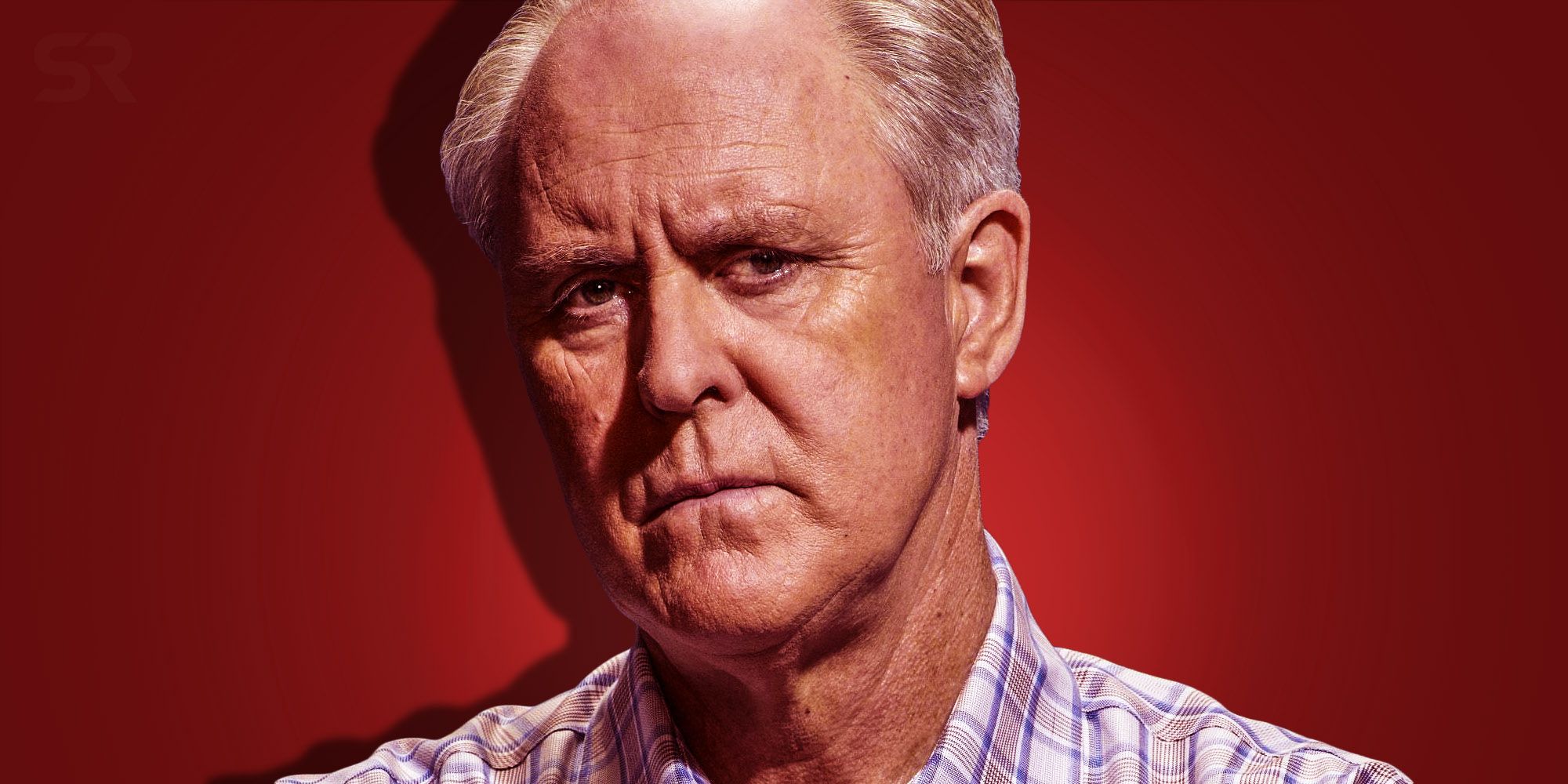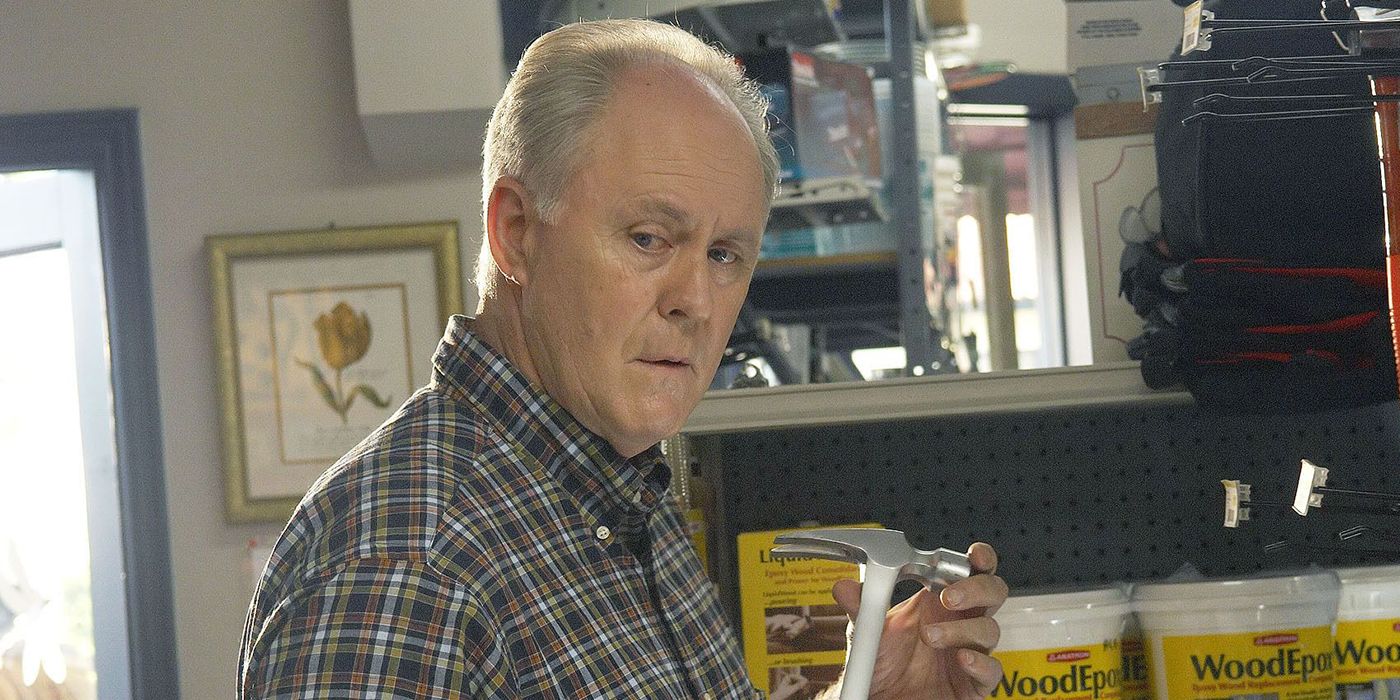
John Lithgow will return to Dexter in the upcoming revival, but this just proves a huge problem that the original run of the series had with its villains. When news broke that the Dexter reboot had cast Lithgow — who originally appeared as the fan-favorite killer, Arthur Mitchell — many began to speculate what the role could be. From its 2006 premiere to the disappointing 2013 finale, Dexter was appointment viewing for many; however, the casting of Lithgow highlights a problem with the show in its later seasons.
A hero (or antihero, in this case) is only as good as their villains, and Dexter featured plenty of strong contenders. From season 1's Ice Truck Killer to Jimmy Smits’ fantastic portrayal of Miguel Prado in season 3, Dexter’s rogue’s gallery was filled with eccentric and engaging personalities. But in season 4, Dexter’s greatest villain was introduced: Arthur Mitchell, a.k.a. “The Trinity Killer,” played by John Lithgow. Lithgow’s legendary run came to an end in the season 4 finale, “The Getaway,” in which Dexter finally killed Mitchell, but not before Mitchell murdered Rita in the series' most shocking twist up to that point.
John Lithgow’s return to the series 12 years after the character met his demise is proof positive of the series’ biggest problem: its cadre of villains peaked in season 4 and has been unable to be matched ever since. There were other strong contenders, like the one-two punch of Colin Hanks and Edward James Olmos in the “Doomsday Killer” arc of season 6, but there was just no comparing to the Trinity Killer. More so than any other antagonist, Arthur Miller reflected Dexter's own "dark passenger" the most. His story on the show was as gripping as it was unforgettable — and it marked a high point in the series that later seasons failed to match.

The problem is that Dexter ran for an additional four seasons after Lithgow's villain was killed, with Mitchell appearing in what was ostensibly the halfway point of the show. For a character ranked by Rolling Stone among the top 40 greatest television villains of all time, the bar was set impossibly high. Lithgow played Mitchell with a simmering intensity perfectly juxtaposed with how charming he could be. His story also ended more memorably than any other’s: there’s a triumph in Dexter finally doing away with Mitchell, only for this joy to be snatched away from the audience when Rita’s corpse is found.
It was a misstep that Dexter never found a way to bring Lithgow back during the original run, either in a flashback or in Dexter's imagination. The show had long relied on the narrative device of Dexter conversing with his dead father as a way to represent the titular character's inner dialogue. Given how evenly matched Dexter was with Arthur — who arguably got the upper hand on him — it would have made sense to use Lithgow in a similar manner. It’s a good thing that Dexter is returning to television screens, without a doubt. The show was a fascinating look at vigilantism featuring spectacular performances from its cast, and with the disappointing Dexter finale, it would do good with a “do-over” of sorts. It’s unclear how the show’s writers will factor in the long-deceased Arthur Mitchell in the proceedings, but if John Lithgow’s performance is anything like it was in 2009, viewers will be in for a treat.
from ScreenRant - Feed https://ift.tt/3AYKknA


0 Comments